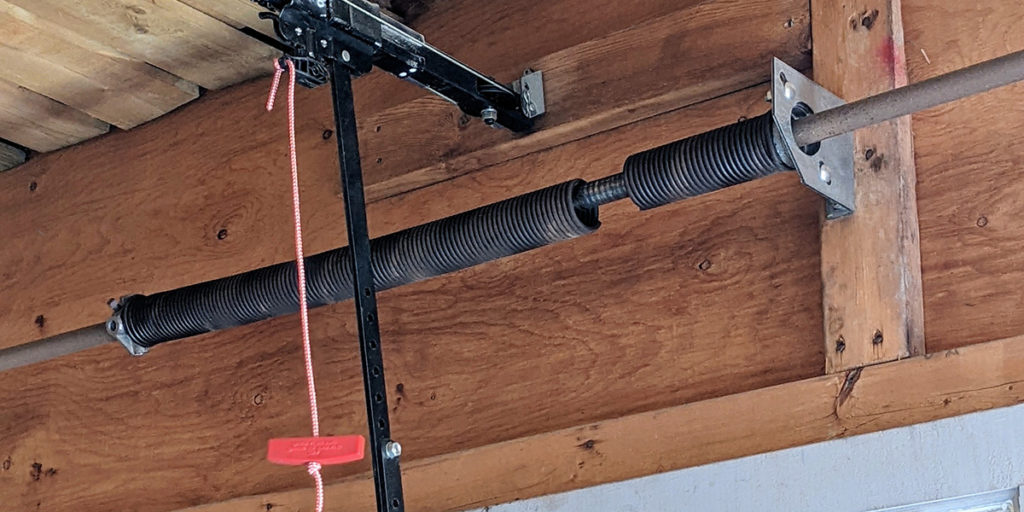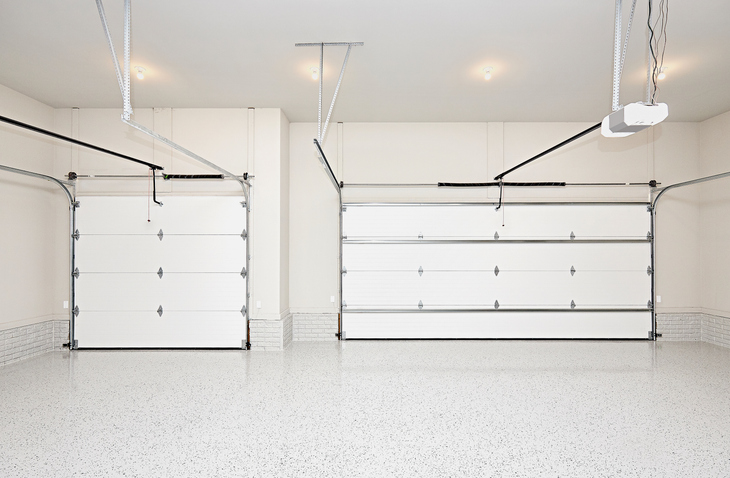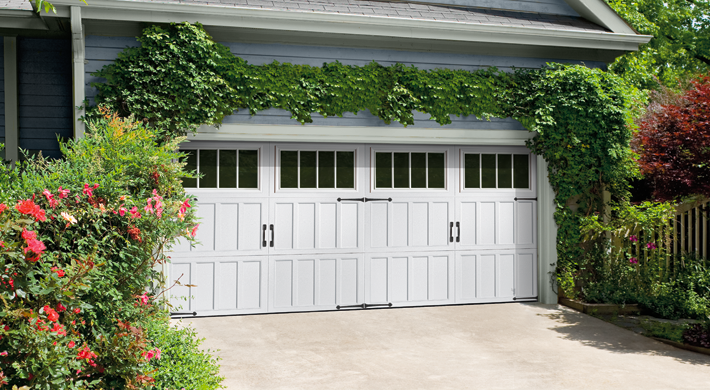Removing a garage door spring can be a daunting task, but sometimes it’s necessary for the upkeep of your home. Whether you’re dealing with a broken spring or simply need to replace it, knowing how to remove a garage door spring safely and efficiently is crucial. This guide will walk you through the process step-by-step, ensuring you can tackle this project with confidence.
Understanding Garage Door Springs

Types of Garage Door Springs
Torsion Springs
Torsion springs are mounted above the garage door and are under extreme tension. They are responsible for lifting the majority of the door’s weight.
Extension Springs
Extension springs are located on the sides of the door and stretch to provide the lifting force. They are generally used for lighter doors.
Why Spring Maintenance Matters
Regular garage door maintenance is essential to ensure the longevity and smooth operation of your garage door. Neglecting maintenance can lead to malfunctioning springs and a host of other problems.
Safety Precautions
Before you begin, it’s important to take some safety precautions:
- Wear safety glasses and gloves.
- Ensure you have a sturdy ladder.
- Disconnect the garage door opener.
- Have a partner assist you if possible.
Step-by-Step Guide to Removing a Garage Door Spring
Gathering Necessary Tools
Before you start, make sure you have the following tools:
- Winding bars
- Adjustable wrench
- Socket set
- Clamps
- Stepladder
Steps to Remove a Torsion Spring
Disconnecting the Opener
First, ensure that your garage door opener is disconnected. This prevents any accidental activation during the process.
Securing the Door
Clamp the garage door to the track to keep it from moving and causing injuries or damage.
Loosening the Spring Tension
Using your winding bars, carefully release the tension on the torsion spring. This step requires caution, as the spring is under significant pressure.
Removing the Spring
Once the tension is released, use your socket set to remove the bolts holding the spring in place. Carefully slide the spring off the torsion bar.
Steps to Remove an Extension Spring
Securing the Door
Like with torsion springs, clamp the garage door to ensure it doesn’t move during the process.
Removing the Safety Cables
Carefully detach the safety cables from the extension spring. These cables prevent the spring from flying across the room in case of a break.
Relieving Tension
Use the adjustable wrench to remove the tension from the extension spring.
Removing the Spring
Once the tension is released, remove the extension spring from the track support.
Post-Removal Steps
Inspecting Other Components
After removing the garage door spring, inspect other components like cables, rollers, and the track for any signs of wear and tear.
Installing the New Spring
Follow the reverse of the removal steps to install a new spring. Make sure to follow manufacturer guidelines and safety instructions.
Testing the Door
Once the new spring is installed, test the door to ensure it operates smoothly. Reconnect the garage door opener and perform several test runs.
Common Mistakes to Avoid
Using Incorrect Tools
Using the wrong tools can increase the risk of injury or damage. Ensure you have the correct winding bars and other necessary tools.
Ignoring Safety Precautions
Always adhere to safety guidelines. Failing to take necessary precautions can result in serious injury.
When to Call a Professional
If you’re uncomfortable with the process or encounter any issues, it’s best to consult a professional. Check out this guide on common garage door problems to decide when you might need professional help.
Conclusion
Removing a garage door spring is a task that requires caution and precision. By following this guide, homeowners can safely and efficiently tackle the project. Always remember to prioritize safety and when in doubt, seek professional assistance.
FAQs
How long does it take to remove a  garage door spring?
garage door spring?
It’s a task that can typically be completed within a few hours, depending on your experience level.
Can I use any tools for this job?
It’s crucial to use the correct tools, like winding bars, to ensure safety and efficiency.
What should I do if I encounter problems?
If you run into issues, refer to common garage door problems or consult a professional for help.










